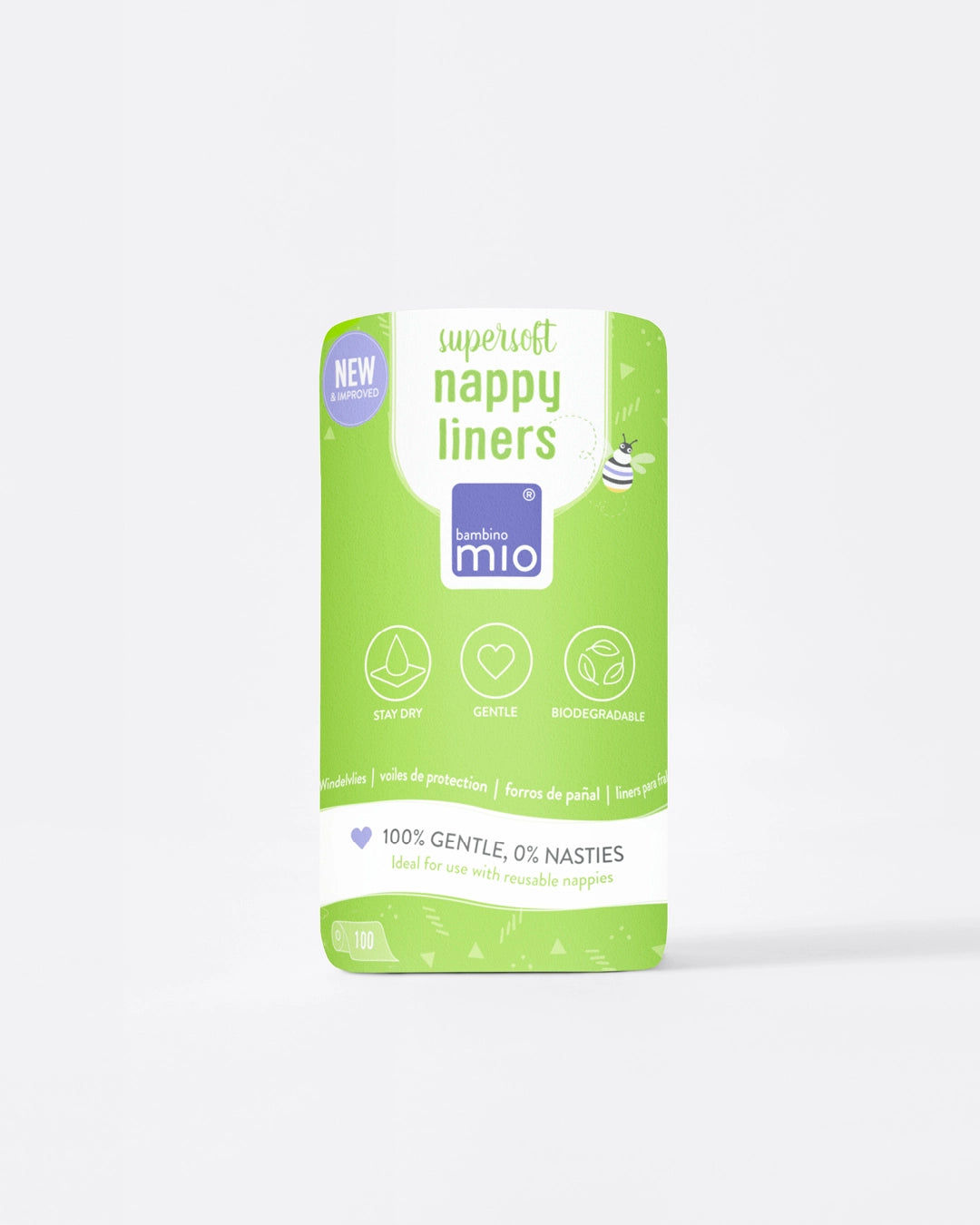Feeding Your Baby: Dealing With Fussy Eaters
Share Options
- Bambino Mio
- 12 / 09 / 2023

For your attention: The nutritional information within this article is intended solely for general informational purposes. It is not to be considered as a replacement for tailored medical advice from a certified healthcare professional. It is imperative to consult with your paediatrician or a qualified medical expert before introducing new food items such as fish or nuts into your infant's dietary regimen, especially if there are pre-existing health concerns or a familial history of allergies.
Inside this Article:
After sleeping (or not), one of the other biggest concerns for new (and newish) parents is what - and how much - their child eats.
If your child is a fussy eater you might worry that they’re not getting all the nutrition they need, but it’s very unlikely that this is the case, especially if you're offering mainly healthy foods and your child is active and growing. You can raise any concerns you might have about your child's diet and weight with your health visitor if you're worried.
It’s normal for a young child’s appetite to go up and down
It’s actually quite normal for older babies and toddlers to have days when they don’t eat much and it’s perfectly normal for parents to worry about this when it happens.
The good news is that you should think about what your toddler eats over the course of a week rather than a day. Your child might have a day when they want nothing but fruit, the next day is all about cheese and the next they’re asking for mashed potatoes.
Offer your child foods from each of the four main food groups
If your toddler is eating something from each of the main food groups (1) over the course of a week, then they’re eating well. These food groups are:
- Fruit and vegetables
- Dairy products, dairy alternatives and/or breastmilk
- Carbohydrates such as pasta, bread, rice and potatoes
- protein-rich foods such as beans, pulses, eggs, meat, fish or plant-derived proteins
You can find out more about feeding older babies and toddlers here (2).
Reducing the chance of your child becoming a fussy eater
Some children take to weaning and trying out a variety of foods like that famous duck took to water while others are somewhat more cautious.
If your toddler is in the cautious camp, then you should introduce new foods slowly and without any fuss. You can eat the food at the same time and show some enjoyment, of course, but there’s no need for whistles and bells.
Even if a new food gets the thumbs down initially, you should introduce it again in a few days as it can take a few goes with some foods before they get the seal of approval.
You should still go fairly slow even if your child is an adventurous eater. Offer one or two new foods alongside more familiar fare so that your toddler can give them a go and move back to their favourites if necessary.
Tips for dealing with a picky eater
- If you cook from scratch a lot, portion out the food for your toddler before you add salt so that your child eats the same as everyone else but minus the extra salt (3)
- Eat with your toddler as much as possible so they see you enjoying lots of different foods - children love to copy their parents, so think of this as modelling good eating habits
- Offer small amounts of food and praise your child for trying something new, even if they only try a tiny bit
- If your toddler rejects a new food, don’t force the issue, just calmly move on and try it again the following week - the last thing you want is power struggles and arguments over food
- Choose a time when your child is in a good mood - not too hungry or tired - and ready to try something new
- Slow or picky eaters can be frustrating to watch, but there’s a lot of muscular co-ordination involved in eating (4), so be patient
- Don’t give your toddler any more than two healthy snacks between meals so they have a good appetite at mealtimes
- Don’t use food as a reward, especially sweet food, as they might start to see vegetables as a punishment; buy a magazine or small toy as a reward instead
- Mealtimes aren’t just about “performing” (eating), they’re a social time, so chat about life in general with your child
- Invite another adult who your child likes and respects to eat with you so they can see this other grownup enjoying a range of foods
- Change the way you cook or serve foods in case your child prefers a particular texture - many children like crunchy raw peppers rather than fried or roasted, for example - so you can incorporate a wider range of nutritious food
Citations and References
- National Health Service (NHS). ‘Eatwell Guide. How to Eat a Healthy Balanced Diet.’ 2023. Web. www.nhsinform.scot/healthy-living/food-and-nutrition/eating-well/eatwell-guide-how-to-eat-a-healthy-balanced-diet































